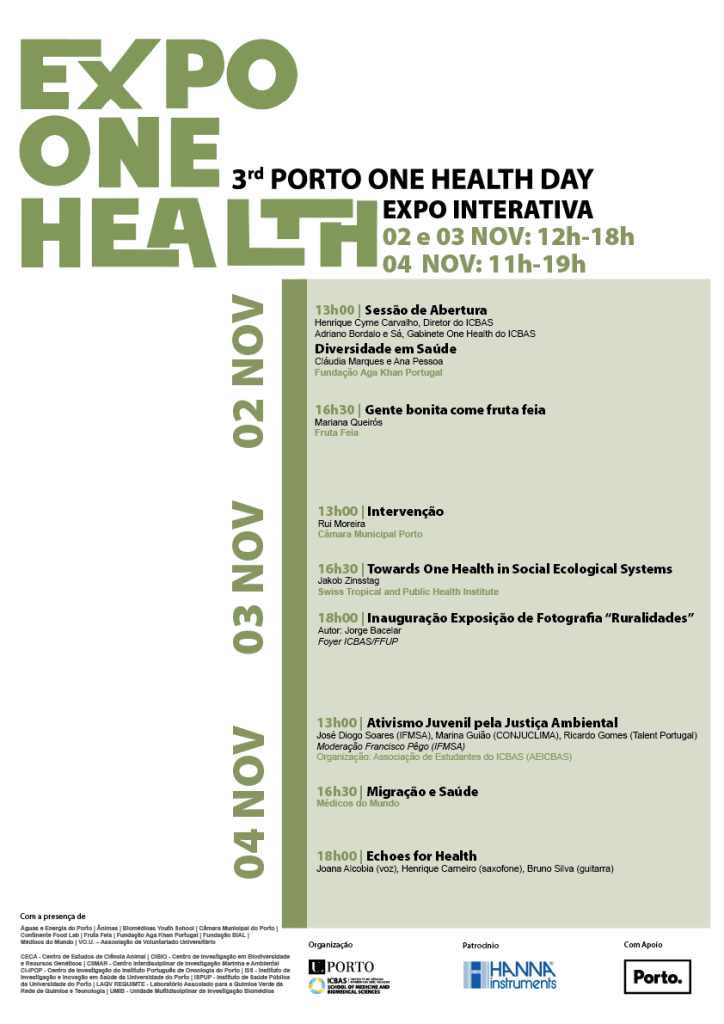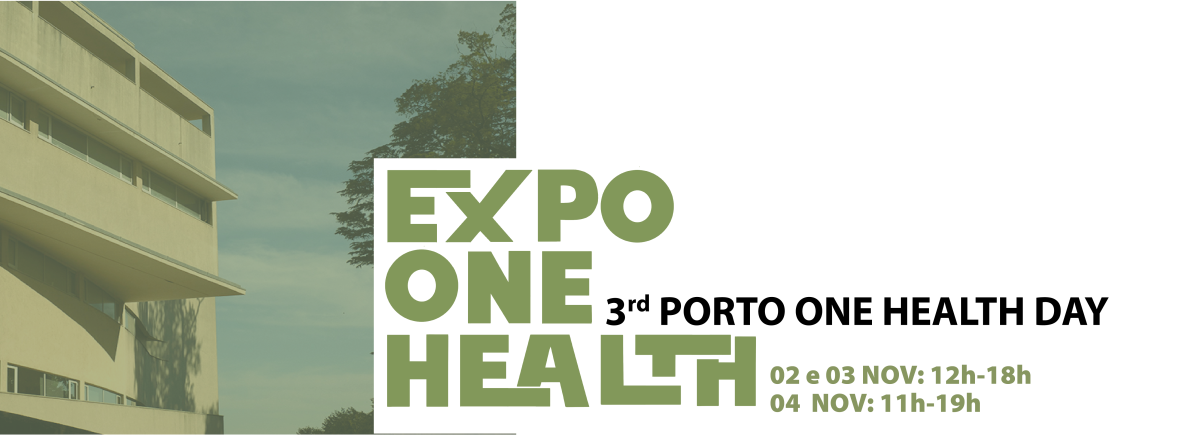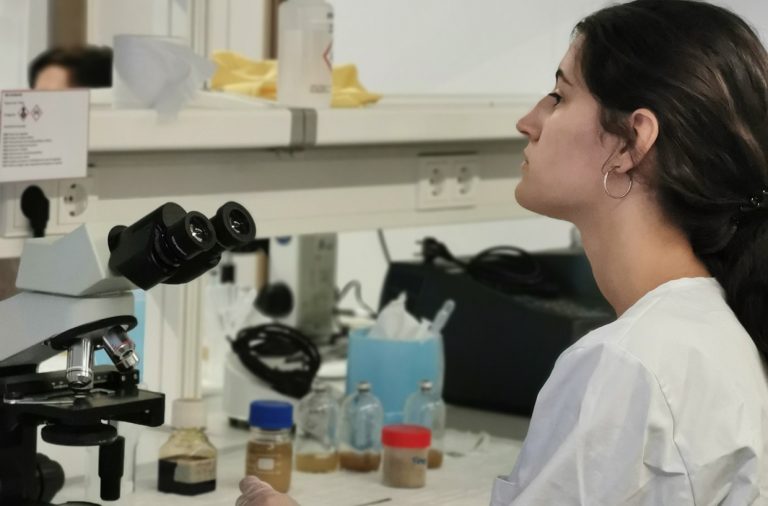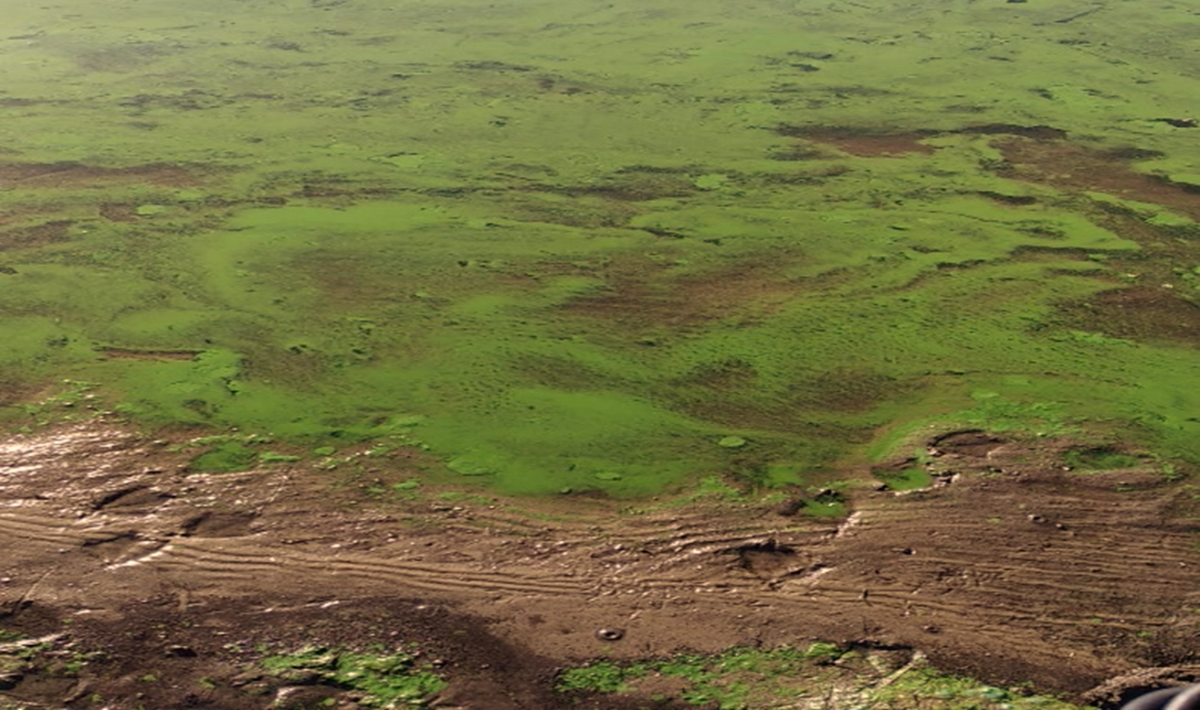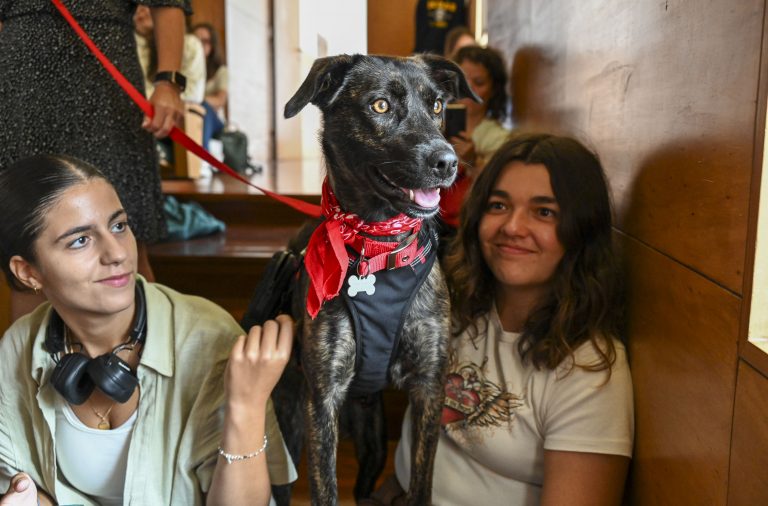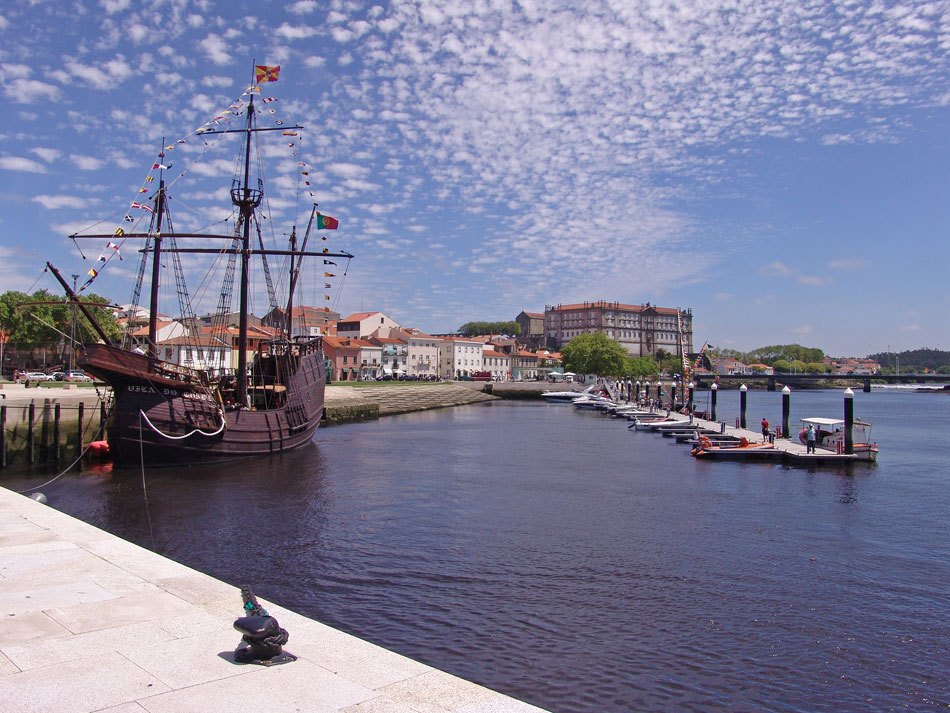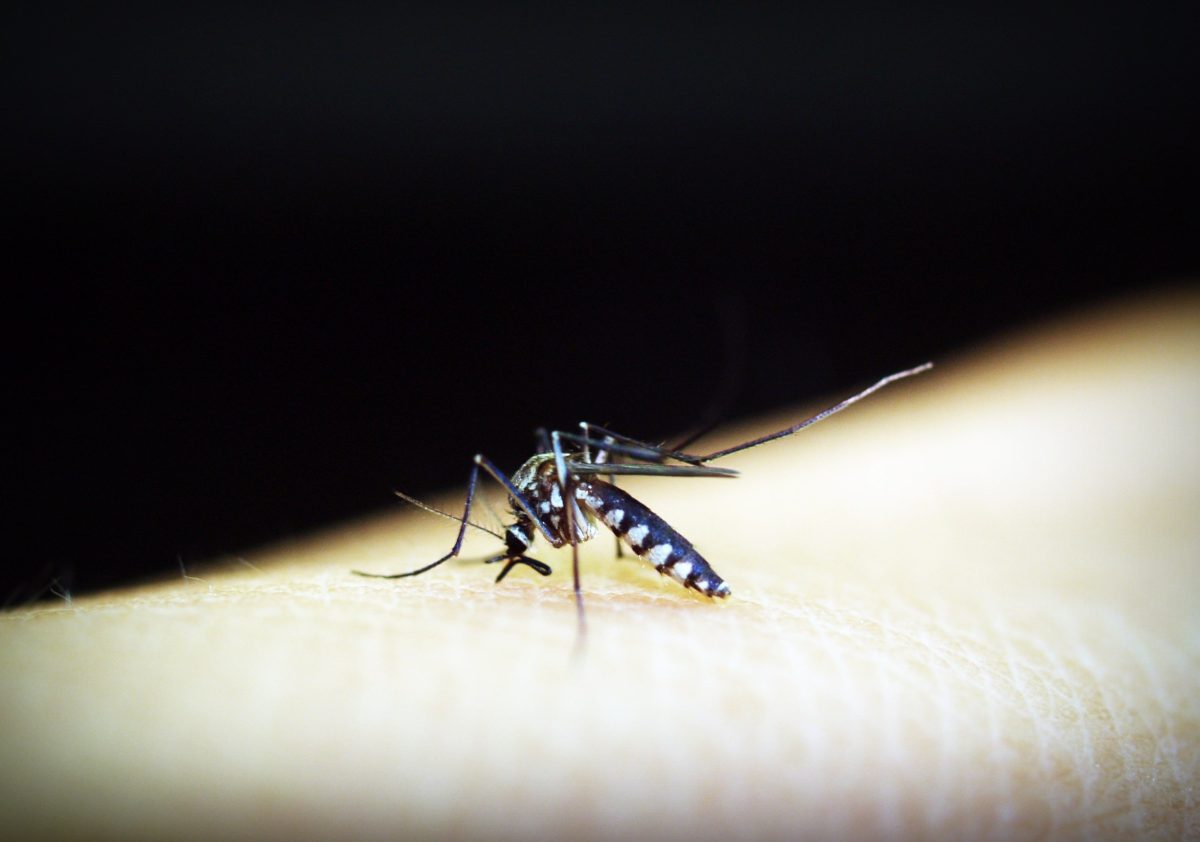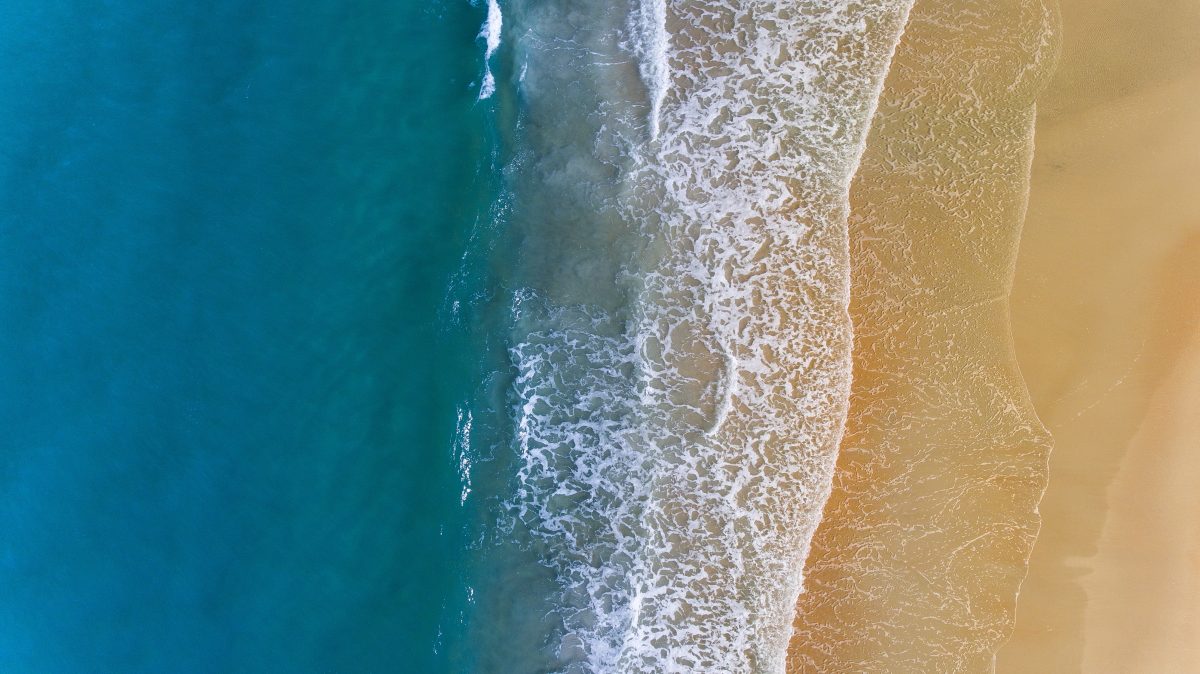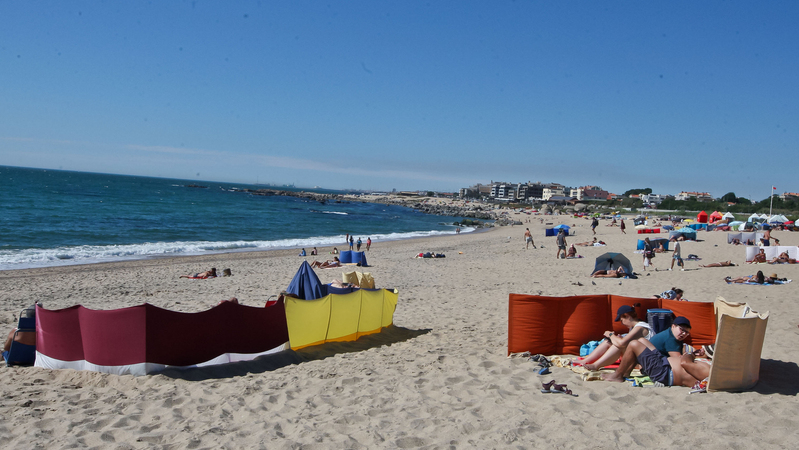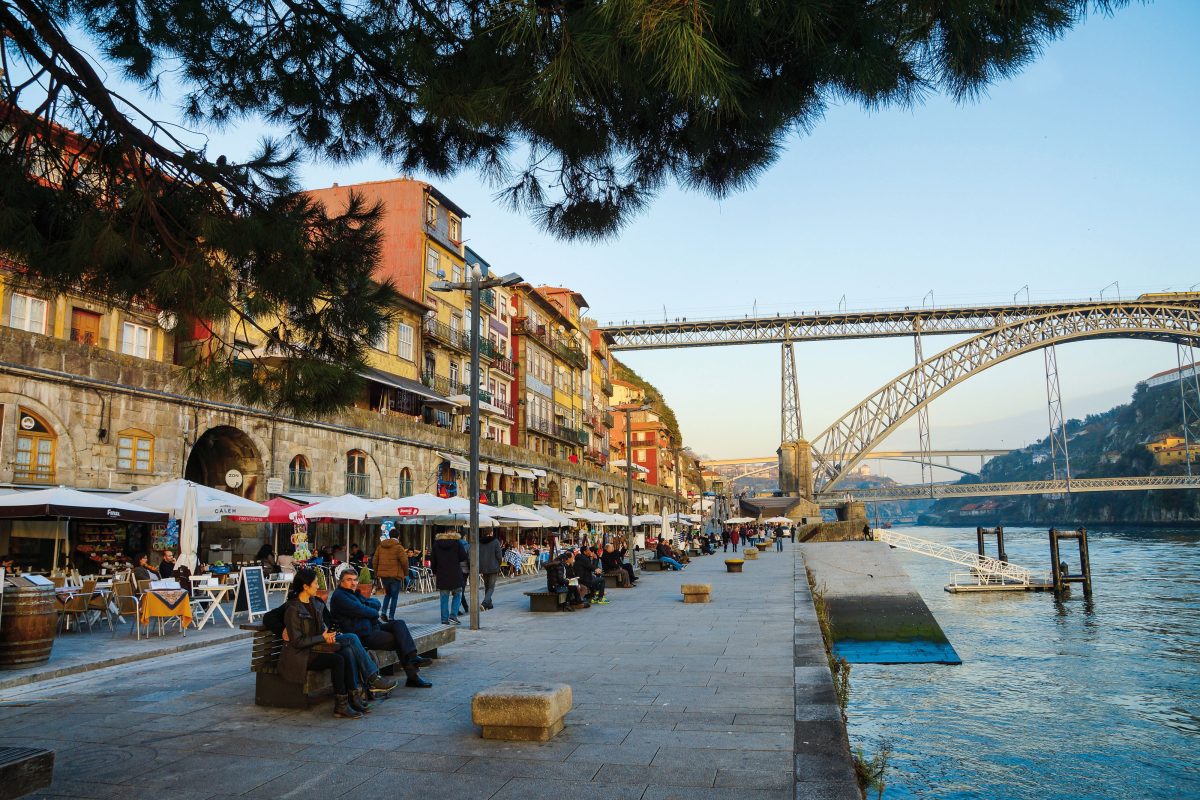By Ivo Pinto, PhD Student at ICBAS | CIIMAR, UMIB
PORTO – The degradation of freshwater bodies is a constant and increasingly relevant concern. The effects of climate change (increase in average annual temperature and extreme drought events) together with poor land use practices (improper discharges, intensive agriculture, among others) lead to the eutrophication of these water masses and create imbalances in the ecosystem.
In eutrophic surface waters, cyanobacteria can produce a variety of toxic metabolites that have numerous impacts on the ecosystem (resilience and integrity of the food chain) as well as on ecosystem services (recreational activities and drinking water).
Hepatotoxins one of the toxin groups produced by these organisms, target the liver and are responsible for the destruction of the internal structure, potentially leading to intrahepatic haemorrhage, hypovolemic shock, and death. Another group of toxins produced by cyanobacteria, the neurotoxins, work by interrupting the normal propagation of nerve stimulation to muscles, resulting in muscle paralysis and possible death from respiratory failure. Also produced by cyanobacteria, dermatoxins act through simple contact with the skin or body mucous membranes, resulting in an allergic reaction.
The increasing presence of these toxins in the environment is a cause for concern as they affect human, animal welfare and biodiversity. Moreover, because these toxins can bioaccumulate, they can be bioamplified throughout the food chain, potentially reaching humans who consume animals carrying toxins. This might represent a risk for food safety.
As a roadmap for the application of the One Health approach to the ecosystem in order to prevent potential risks, surveillance and sharing of information about these toxins are essential to ensure an early detection and the adoption of preventive procedures. Ultimately, this integrated strategy will ensure the sustainable use and management of the water bodies, as well as the surrounding area, protecting the human, animal and environmental health.
Image - Cyanobacteria green scum in a Portuguese temperate reservoir. Credits: Ivo Pinto
